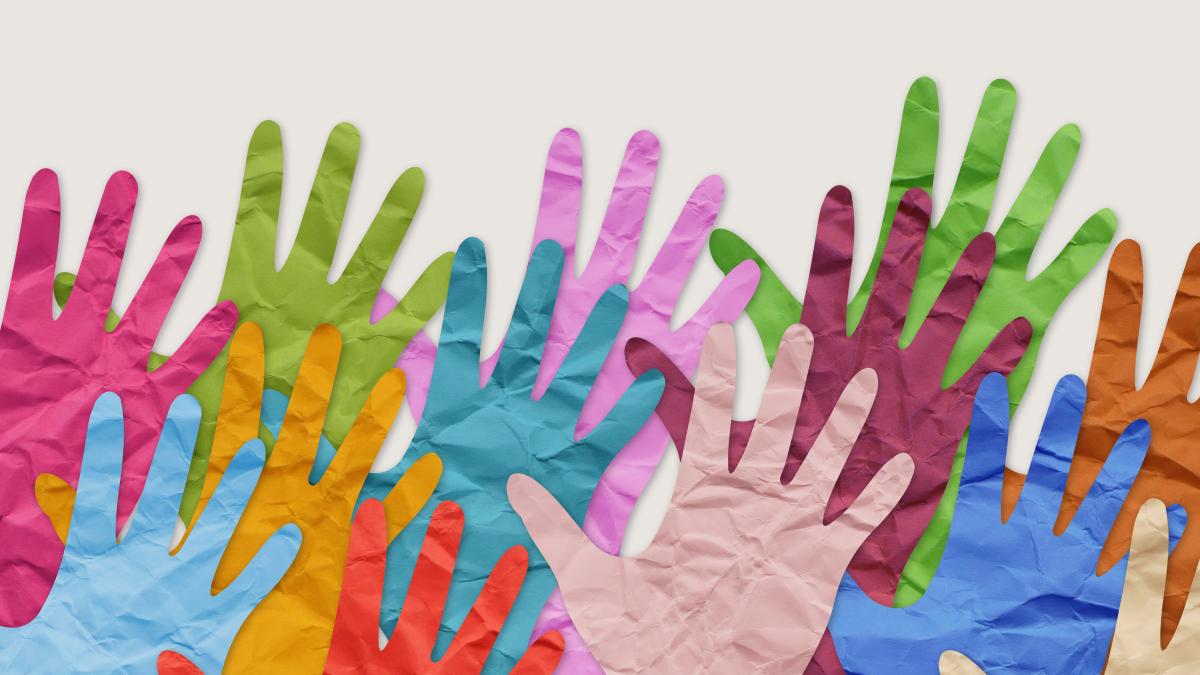by Laura Palazzani
A challenge that must deal with the (growing) disparities between Global North and Global South. They are intuitively understandable concepts. Yet they can be vague and ambiguous, as well as complex in practical application
The concepts of solidarity and cooperation are intuitively understandable. Yet on a conceptual and philosophical level they can be vague and ambiguous, as well as complex in practical application in the context of global bioethics. It was discussed by the International Bioethics Committee at UNESCO (18-22 September 2023) which published the report “The principle of solidarity and cooperation: challenges to global health“. The Universal Declaration of Bioethics and Human Rights (2005) had already explicitly considered the concepts (in articles 13 and 24) as indispensable tools to guarantee that techno-scientific advancement in the horizon of human rights can benefit everyone, without leaving behind Nobody.
But how can we overcome the gap that actually exists between knowledge between the industrialized countries of the “Global North” and the less developed countries of the “Global South”, a gap that tends to widen today, in particular due to the complexity and rapidity of the development of emerging technologies and facing the challenges of climate change? The report of the International Bioethics Committee considers it essential to philosophically clarify the meaning of the terms. Solidarity means in a weak sense the moral will, in a strong sense the moral duty, to take the needs of others seriously in a collective dimension, especially if particularly vulnerable, overcoming selfish logic; cooperation means looking for collaboration tools in the context of actions.
In the discussion, the need emerged for a foundation of the concepts in a relational vision of man against individualism and a translation into “negative” actions of prevention and alleviation of risks and inconveniences and “positive” actions of sharing benefits, assistance and help that do not create passive dependence, but support those who have difficulties, to provide tools to overcome them, developing an active and autonomous capacity (we talk about collaborative partnership). Solidarity and cooperation aim to ensure the well-being of people in a collective response to emerging risks in global health challenges, with an inclusive and non-exclusive approach, with particular attention to conditions of asymmetry.
The application of the concepts of solidarity and cooperation means implementing global (but also local, national, regional) policies of: inclusion in access to resources and health care, cost reduction; managing disparities and promoting equality; creation of an environment of real collaborative collaboration, social involvement, participation of less represented groups; strengthening these values in education, encouraging public and political debate, pushing towards an open science, accessible to all.
* Professor of Philosophy of Law, Lumsa
March 17, 2024
© ALL RIGHTS RESERVED
